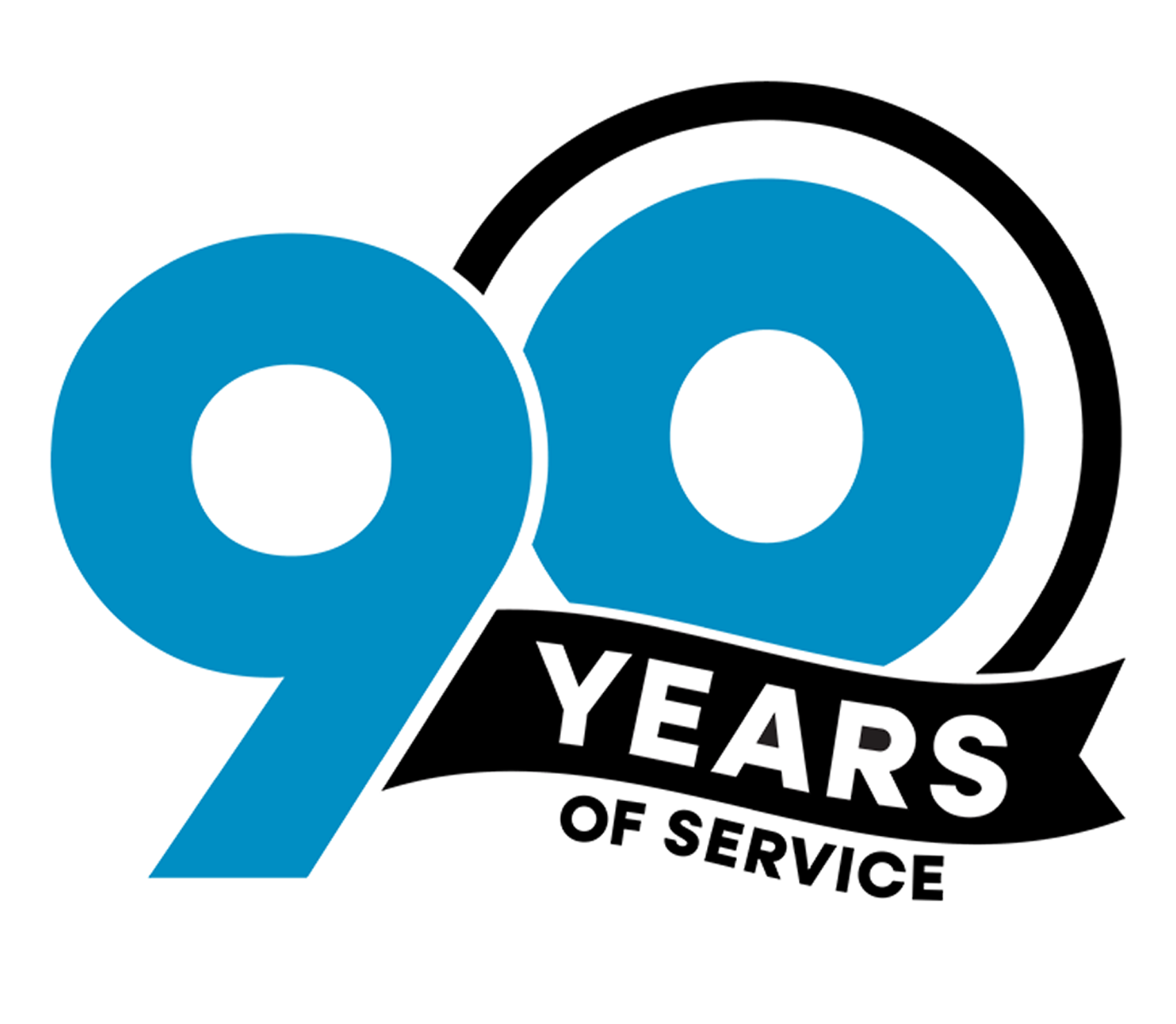In an era dominated by digital transactions, protecting your financial well-being has become more critical (and more complicated) than ever. If you worry about protecting your identity and your credit history, you are not alone. So, if you fear credit damage from fraudsters, we’ll introduce you to a powerful tool for personal financial security: the credit freeze.
What is a Credit Freeze?
A credit freeze, also known as a security freeze, has nothing to do with putting your Visa in the freezer. It is a proactive measure that restricts access to your credit report. Essentially, it locks your credit file and prevents potential creditors from viewing it. This means fraudsters won’t be able to take out loans or open credit cards in your name. (Yes, even if they obtain your personal information.)
Why Opt for a Credit Freeze?
- Identity Theft Prevention. A credit freeze acts as a robust deterrent against identity thieves. With a freeze in place, fraudsters can’t open new accounts in your name if a credit check is a required step in the application process.
- Enhanced Security after a Data Breach. If a data breach compromises your personal information, implementing a credit freeze adds an extra layer of protection. It serves as a preemptive strike against potential misuse of your data.
- Impulse Deterrent. A freeze will also make it difficult (but not impossible) for you to open new credit accounts. For some, a freeze is an effective speedbump that prevents impulsive decisions (like applying for store credit cards whenever prompted).
- Peace of Mind. A freeze locks your credit. That means you can go about your daily life without worrying about unauthorized accounts tarnishing your credit history.
How to Freeze Your Credit
- Contact Credit Bureaus. To freeze your credit, reach out to each of the three major credit bureaus—Equifax, Experian, and TransUnion. You can request a freeze online or by phone. When you contact them, you will need to provide the necessary identification and personal information they request.
- Secure PINs or Passwords. When you initiate a credit freeze, you’ll be assigned a personal identification number (PIN) or password. Safeguard this information diligently, as you’ll need it to lift or remove the freeze when necessary.
- Monitor Accounts Regularly. A credit freeze is an effective safeguard, but it’s still wise to monitor your existing accounts regularly while it is in place. Regularly review your bank statements, credit card transactions, and credit reports for suspicious activity. Act quickly if you notice anything amiss.
- Equifax: 888-298-0045
- Experian: 888-397-3742
- TransUnion: 888-909-8872
How to Unfreeze Your Credit
If you need to unfreeze your credit, the process is relatively straightforward. Simply contact each credit bureau online or by phone. Let them know that you would like to lift the freeze. You can permanently remove the freeze or opt for a temporary lift. This is particularly helpful if you need to apply for a specific credit account down the line (such as a new mortgage or credit card). Just let the credit bureaus know you would like a temporary lift for a specific duration or creditor.
In an age where personal information is increasingly vulnerable to cyber threats, implementing a freeze is a proactive step toward fortifying your financial security. It provides a formidable barrier against identity theft and fraudulent financial activities. It offers you the peace of mind to navigate the digital landscape confidently.
What a Freeze Doesn’t Do
A freeze will not protect you against identity theft. A credit freeze will also not change your credit scores, but (depending on your habits), your score can change while a hold is in place. So, keep that in mind as you use your existing accounts (which are not affected by the freeze). Sadly, a freeze will not prevent you from getting a barrage of pre-screened credit card offers in the mail. However, if you want to open new lines of credit, including new credit cards, you’ll need to unfreeze your credit. Of course, during a freeze, you are still entitled to free credit reports from the three nationwide credit bureaus. Take advantage of the opportunity to monitor your credit with an annual report from each bureau.
Finally, if you suspect that there has already been fraudulent activity on your credit report, file a report with the credit bureaus. Contact your financial institution, your credit card issuers, and your lenders immediately. It’s also a good idea to report the incident to the Federal Trade Commission and potentially the police. After you report the unauthorized activity, your creditors and the credit bureaus should be able to help you erase some (or all) of the damage.

